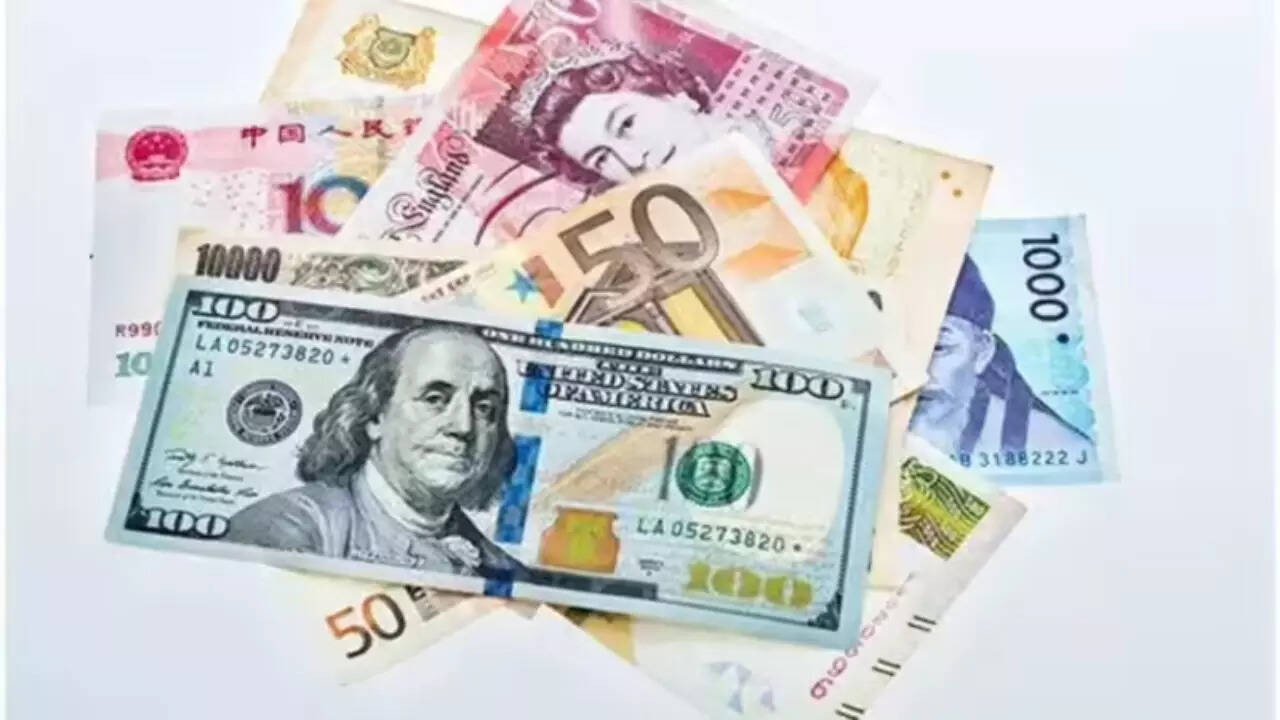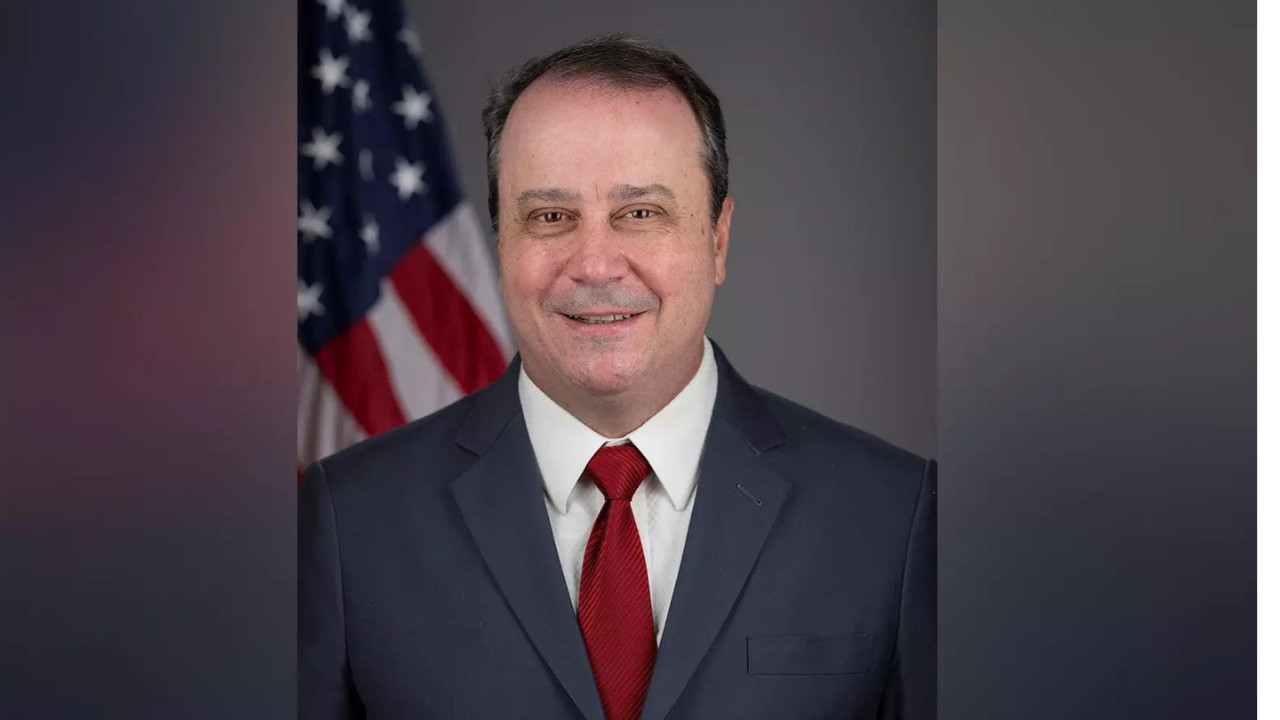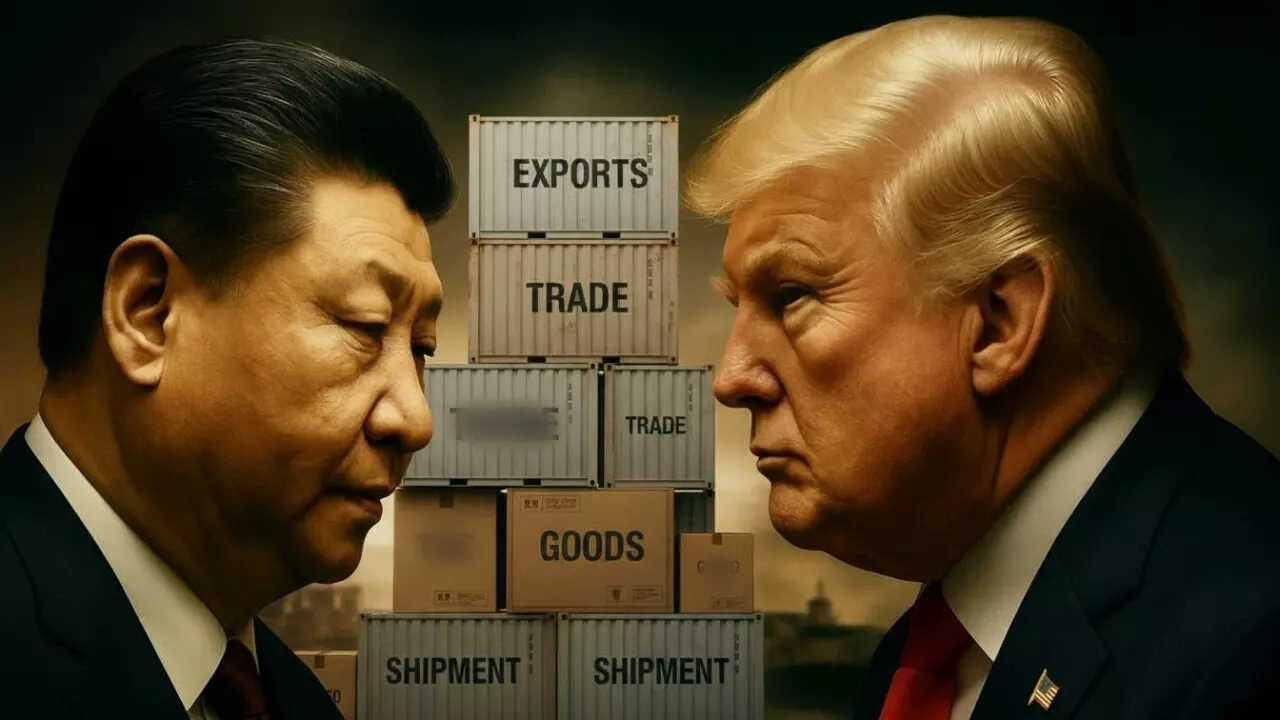India’s Forex Reserves: A Dip in the Ocean, or a Sign of the Tides Turning?
India’s foreign exchange reserves, often called the forex kitty, experienced a noticeable dip recently, sliding by $3.06 billion to settle at $696.67 billion. This marks the second consecutive week of decline, prompting some to wonder if this is simply a minor fluctuation or a hint of more significant shifts in the global economic landscape. Let’s dive into what this means and why it matters.
Understanding the Forex Reserves
Think of a nation’s forex reserves as its emergency savings account. It’s a stockpile of foreign currencies, gold, and other assets held by the central bank, in India’s case, the Reserve Bank of India (RBI). These reserves act as a buffer against economic shocks, provide firepower for managing the exchange rate, and help maintain confidence in the country’s financial stability. A healthy level of forex reserves is a sign of economic strength, giving India the ability to navigate choppy international waters.
What Caused the Recent Dip?
While the official reasons are always multifaceted, it’s generally understood that fluctuations in forex reserves are influenced by several key factors. One major player is the movement of foreign currency assets (FCAs), which form the largest component of the reserves. Changes in the value of the Euro, Pound, and Yen – all held as part of the FCA – against the US dollar can impact the overall value of the reserves when expressed in USD terms.
Market interventions by the RBI also play a role. When the rupee faces downward pressure, the RBI might step in and sell dollars from its reserves to stabilize the currency. This action, while aimed at preventing excessive volatility, naturally reduces the forex reserves. Similarly, inflows and outflows of foreign investment, the repatriation of funds by Indian companies operating abroad, and global crude oil prices can also affect the forex reserves.
The Gold Factor and the SDR Effect
Beyond FCAs, the RBI holds gold reserves, which also saw a slight decrease. Fluctuations in global gold prices are a direct contributor here. However, it is important to * Investor Confidence: Healthy reserves attract foreign investment, which fuels economic growth, creates jobs, and improves infrastructure. A stable currency and a strong economy are magnets for investors.
* Import Capacity: A robust forex kitty ensures that India can comfortably pay for its imports, including crucial commodities like oil and fertilizers. This prevents shortages and price spikes, benefiting consumers and businesses alike.
Consider how India’s manufacturing sector relies on imports of specialized parts and equipment. A healthy level of forex reserves helps manufacturers reliably obtain these necessities, supporting overall productivity and economic growth. For more on factors influencing trade, check out our post on supply chain resilience.
Is There Cause for Concern?
While the recent decline might raise eyebrows, it’s crucial to view it in context. India’s forex reserves remain substantial, providing a comfortable cushion against external vulnerabilities. Furthermore, fluctuations are a normal part of economic management. The RBI constantly monitors the situation and takes necessary measures to maintain stability. A small dip doesn’t necessarily indicate a crisis.
However, continued declines over a longer period could signal underlying economic challenges that warrant closer attention. Factors like a widening trade deficit, increased capital outflows, or a weakening rupee could contribute to sustained pressure on the reserves.
Looking Ahead
The future trajectory of India’s forex reserves will depend on a complex interplay of global and domestic factors. The RBI’s monetary policy decisions, the performance of the Indian economy, global economic trends, and geopolitical developments will all play a crucial role. While short-term fluctuations are inevitable, the overall trend remains positive, bolstered by India’s strong economic fundamentals and proactive policy measures.
In conclusion, while the recent dip in India’s forex reserves is noteworthy, it is not necessarily alarming. As long as the RBI continues to manage the reserves prudently and India maintains its economic momentum, the nation’s financial stability should remain secure.







